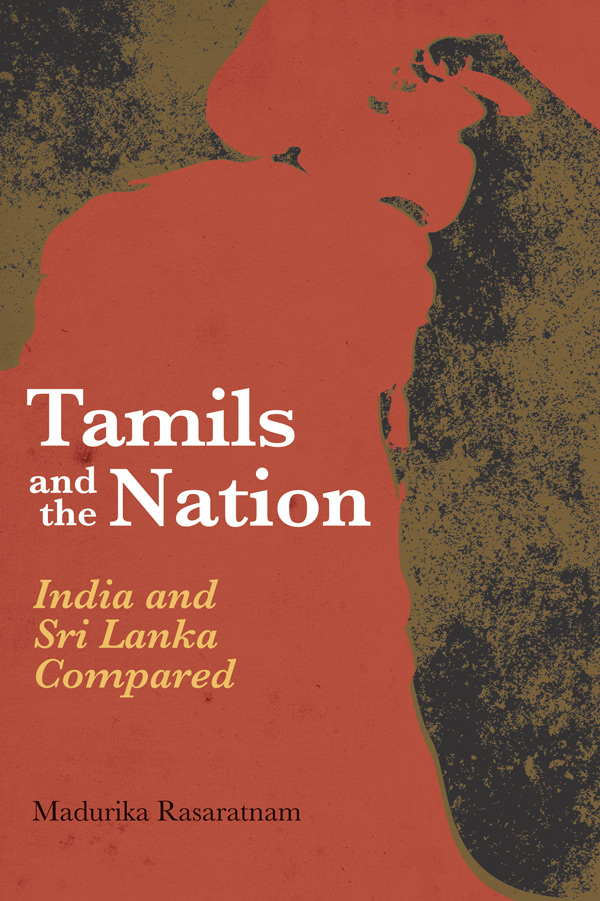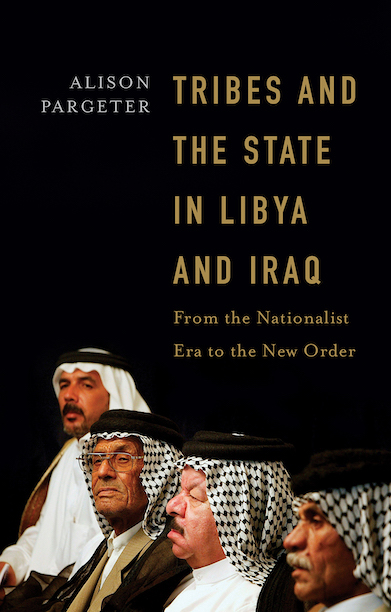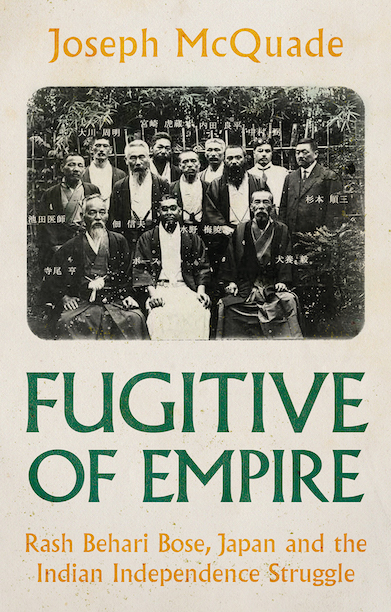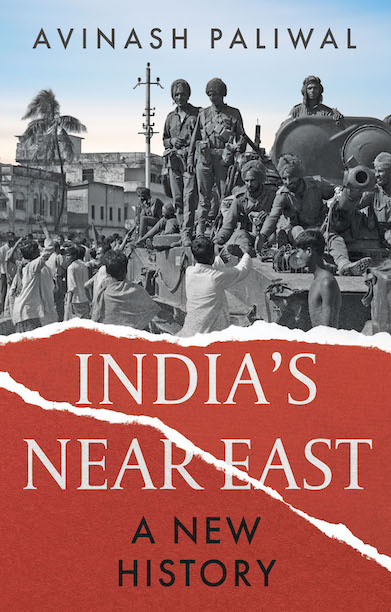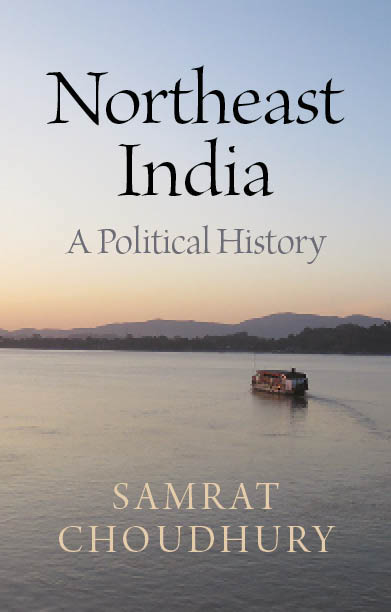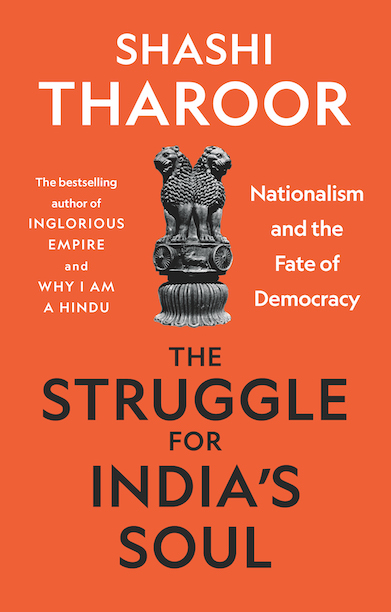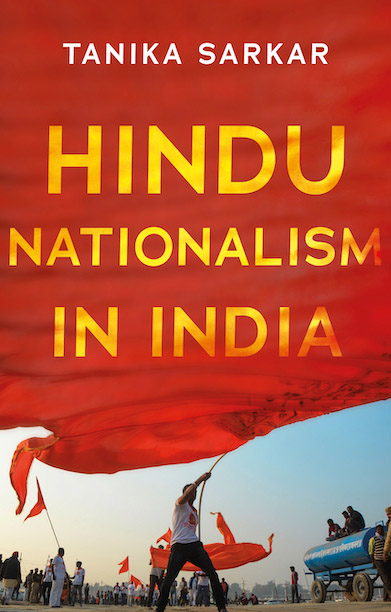Tamils and the Nation
India and Sri Lanka Compared
A finely tuned investigation of why the Tamils of Sri Lanka and of India took such divergent paths in their respective political evolution.
Description
Why are relations between politically mobilised ethnic identities and the nation-state sometimes peaceful and at other times fraught and violent? Madurika Rasaratnam’s book sets out a novel answer to this key puzzle in world politics through a detailed comparative study of the starkly divergent trajectories of the ‘Tamil question’ in India and Sri Lanka from the colonial era to the present day. Whilst Tamil and national identities have peaceably harmonised in India, in Sri Lanka these have come into escalating and violent contradiction, leading to three decades of armed conflict and simmering antagonism since the war’s brutal end in 2009. Tracing these differing outcomes to distinct and contingent patterns of political contestation and mobilisation in the two states, Rasaratnam shows how, whilst emerging from comparable conditions and similar historical experiences, these have produced very different interactions between evolving Tamil and national identities, constituting in India a nation-state inclusive of the Tamils, and in Sri Lanka a hierarchical Sinhala-Buddhist national and state order hostile to Tamils’ political claims. Locating these dynamics within changing international contexts, she also shows how these once largely separate patterns of national-Tamil politics, and Tamil diaspora mobilisation, are increasingly interwoven in the post-war internationalisation of Sri Lanka’s ethnic crisis.
Reviews
‘Tamil ethnic identity in Sri Lanka and South India have evolved in dramatically different ways over the decades. This is the first book to fully examine the divergent histories, cultures, and conflicts that have affected the development of Tamil national identity in India and Sri Lanka. An important contribution, and required reading.’ — Amarnath Amarasingam, author of Pain, Pride, and Politics: Social Movement Activism and the Sri Lankan Tamil Diaspora in Canada
‘Tamils and the Nation is a historically informed, analytically rich, and politically engaged account of how Sri Lanka failed to accommodate its Tamil minority. Given the analogous processes that played out in both Sri Lanka and India, Madurika Rasaratnam’s comparative study of the two post-colonial states in relation to Tamil ethnicity offers salutary lessons.’ — A.R. Venkatachalapathy, Professor, Madras Institute of Development Studies
‘In a careful work of comparative-historical scholarship, Rasaratnam explains the divergent trajectories and contrasting outcomes of Tamil nationalist politics in India and Sri Lanka. She shows how the different policies of the post-colonial state enabled democratic accommodation of Tamil identity in India and caused civil war in Sri Lanka. This crisply written book is an useful contribution both to transnational South Asia studies and to the literature on ethnic conflict.’ — Sumantra Bose, Professor of International and Comparative Politics, London School of Economics and Political Science
Author(s)
Madurika Rasaratnam is a lecturer in Comparative Politics at City, University of London. Her research is concerned with the comparative and international politics of ethnic and nationalist conflicts, conflict management and peacebuilding with a regional focus on the countries of south Asia. She has previously taught at the University of Kent, SOAS and LSE.
